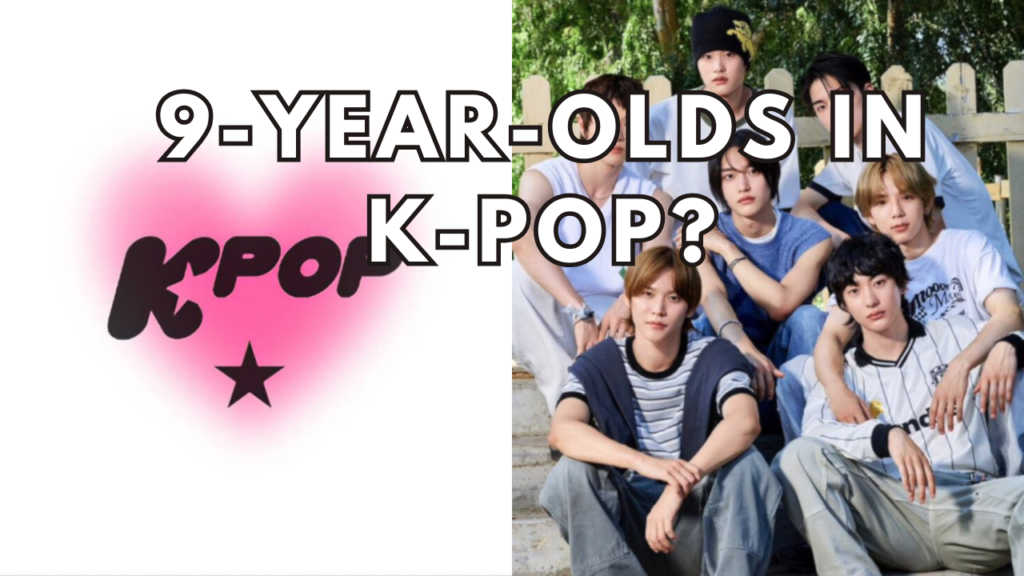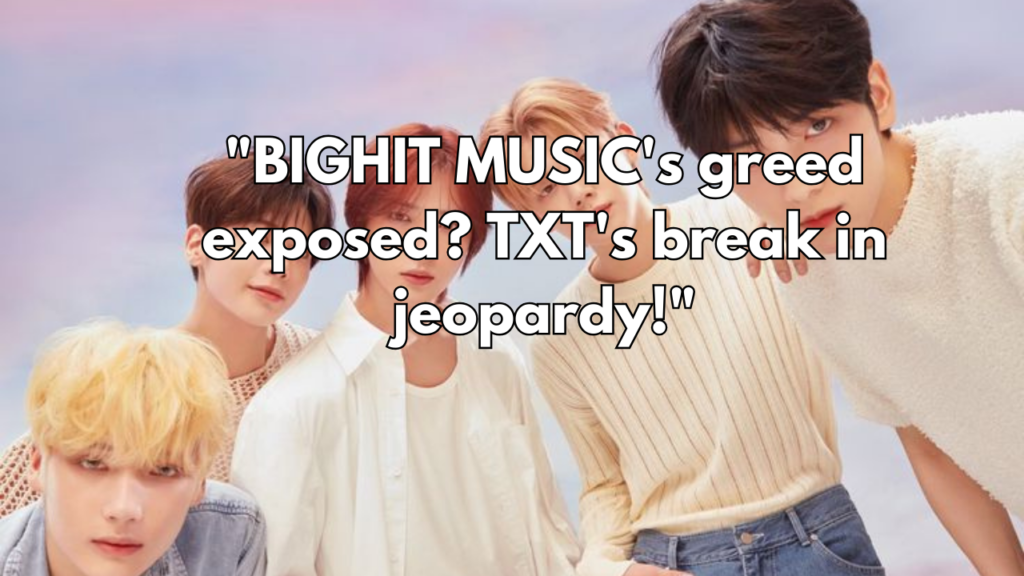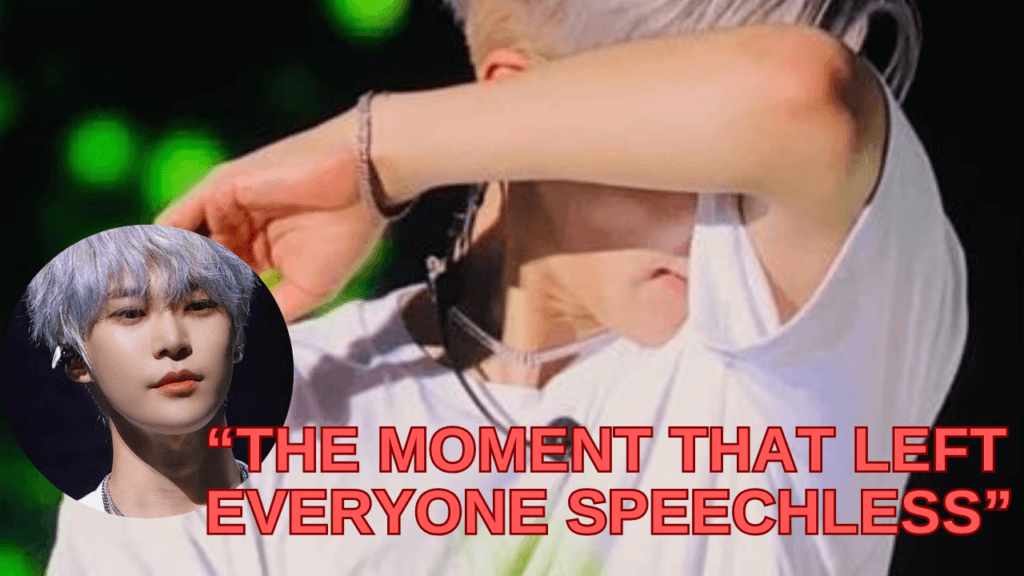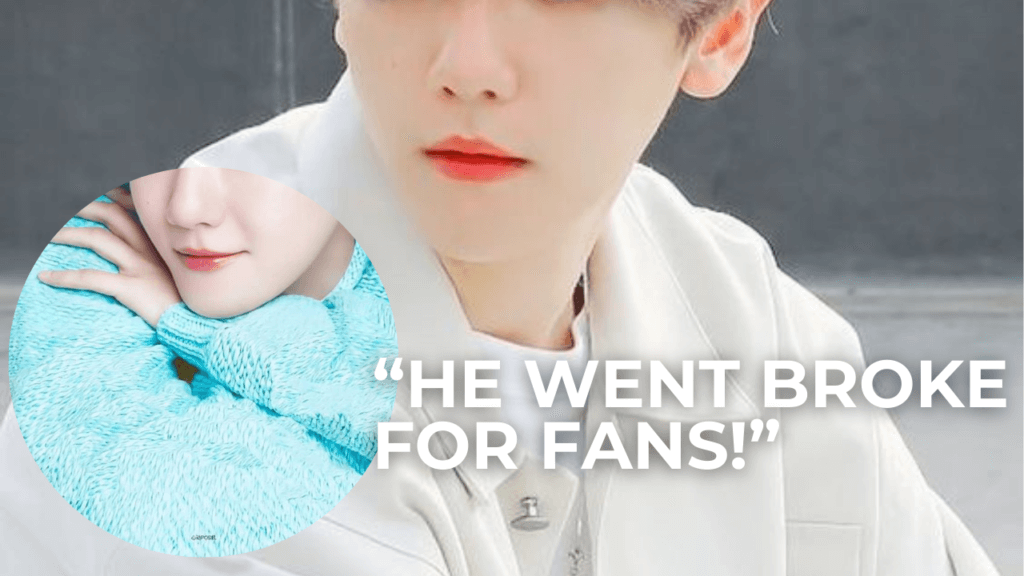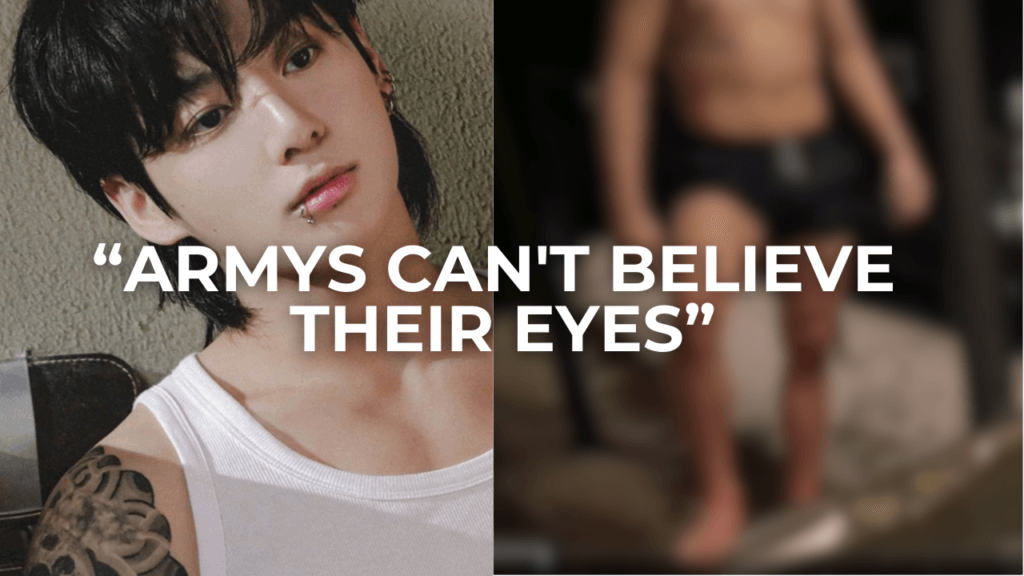SM Entertainment’s latest global audition announcement has ignited a fierce debate within the K-pop community, raising serious ethical concerns about the industry’s future. The entertainment giant’s controversial decision to accept trainees as young as nine years old has sparked widespread criticism from industry experts, fans, and child welfare advocates. This move comes at a particularly sensitive time when the company faces intense scrutiny over its treatment of current artists.
The Age Debate Intensifies
The company’s announcement revealed that auditions would be open to individuals born between 2005 and 2015, creating an unprecedented age range from 20 to just 9 years old. This makes it one of the youngest recruitment pools in the K-pop industry’s history. Child development experts warn that exposing children this young to the rigorous training system could have severe long-term psychological impacts.
The typical K-pop trainee lifestyle involves grueling 12-14 hour practice days, strict dieting requirements, and intense competition. Many critics argue that subjecting children as young as nine to such demands could severely impact their physical and emotional development. Child psychologists emphasize that these formative years are crucial for personal growth and identity formation.
Global Reach Amid Growing Concerns
SM Entertainment’s ambitious plans extend beyond Korea, with auditions scheduled across multiple countries including Korea, China, Japan, the United States, and Canada. This global approach has raised additional concerns about child protection across different cultural and legal contexts. Industry observers question the company’s ability to provide adequate support systems for young trainees in foreign locations.
The international scope of these auditions also brings up questions about education continuity and family separation. Critics worry about how these young trainees will maintain their academic progress while pursuing their K-pop dreams in a foreign country. The emotional impact of separating children from their families and support systems at such a tender age has become a major point of contention.
Current Artist Protection Issues
The timing of this announcement has drawn particularly sharp criticism given SM Entertainment’s recent controversies. The company’s handling of various situations, including the RIIZE’s Seunghan case, has led many to question their ability to protect even their current artists. Industry experts argue that the company should focus on addressing existing issues before recruiting new, especially younger, trainees.
The announcement has also reignited broader discussions about trainee welfare and artist protection in the K-pop industry. Former trainees and industry insiders have come forward sharing stories about the challenging aspects of the training system, including mental health struggles, physical exhaustion, and the pressure to maintain unrealistic standards.
Final Thoughts: SM Entertainment’s Global Audition Strategy Raises Important Questions
As the K-pop industry continues to evolve and expand globally, the debate over appropriate age requirements for trainees becomes increasingly crucial. The controversy surrounding SM Entertainment’s latest announcement may serve as a catalyst for important industry-wide changes regarding youth protection and trainee welfare.
What are your thoughts on the minimum age requirement for K-pop trainees? Should there be industry-wide regulations protecting young aspirants? Share your perspective in the comments below.

